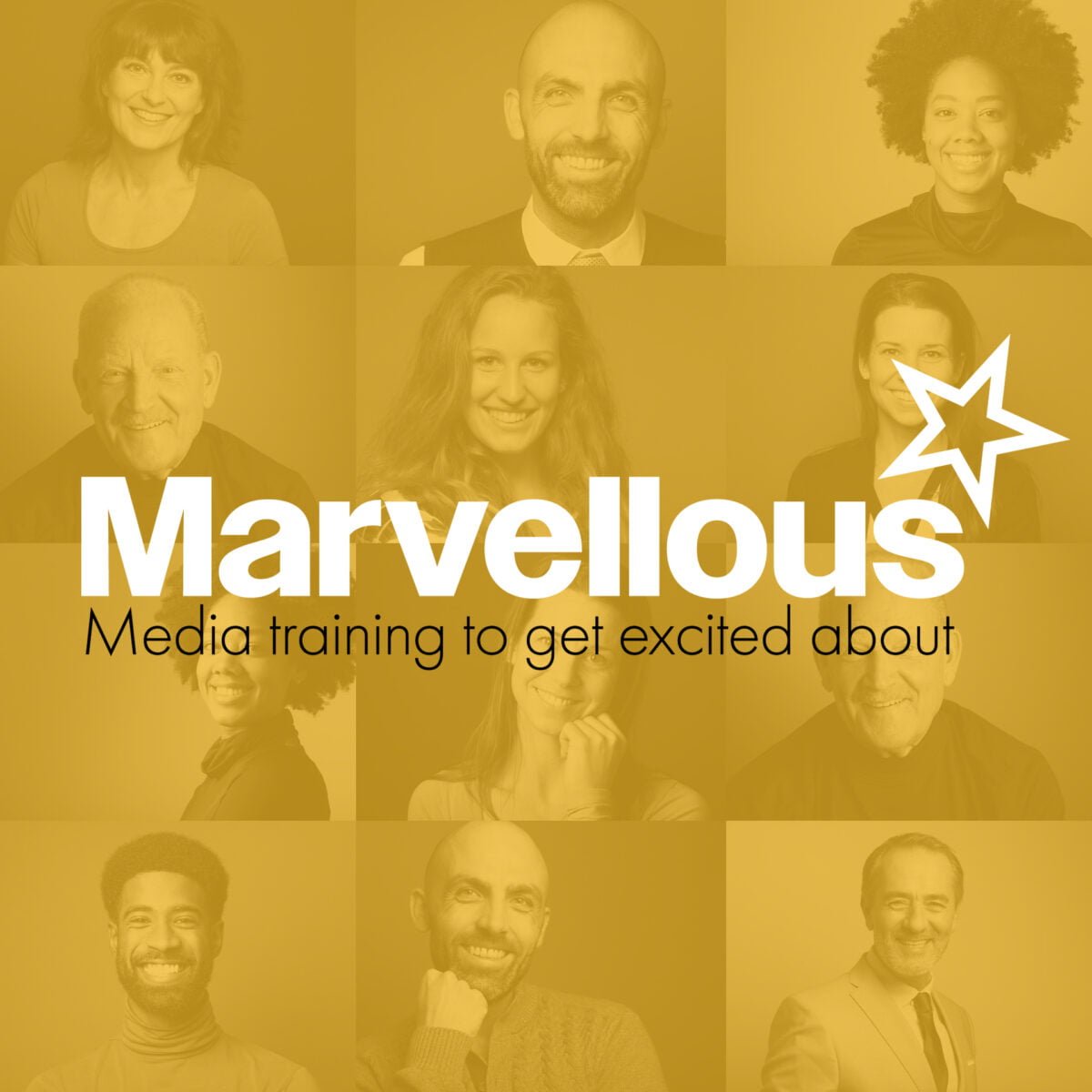
What are key messages in the media?
What are key messages in the media? Key messages are designed to be concise and clear, They'll include the most important points for your audience to remember. And they're designed to engage your audience, influence their thoughts, and motivate action.
What should be left out of key media messaging?
Let's kick off by talking about stuff that shouldn't go in your key messaging.
Here's my brief and incomplete list of elements to avoid:
- Excessive Details: Avoid cluttering your message with too much information, phone numbers, addresses, or complex technical details. That's just distracting.
- Repetition of your business name: Yes, reinforcing key points is a good idea, but excessively repeating the name of your organisation will make you look and sound like a chump. Also, you'll never get invited back.
- Jargon and technical terms: I've done a whole podcast episode on this topic: Why avoid corporate speak and office jargon in media interviews?
- Off-topic information: "Oh, here's another point on top of my point, I've just remembered."
- Sales pitches: Nothing is more of an audience turn-off during a media interview. If it's pre-recorded, it'll get cut, so save your breath.
That's my list of key messaging things to avoid. Now that's out of the way, how do you go about planning or preparing your key messages?
More media training guides and podcasts

Is it ok to ignore a journalist?

Building your personal brand so journalists find you first

Media interview quick-start guide
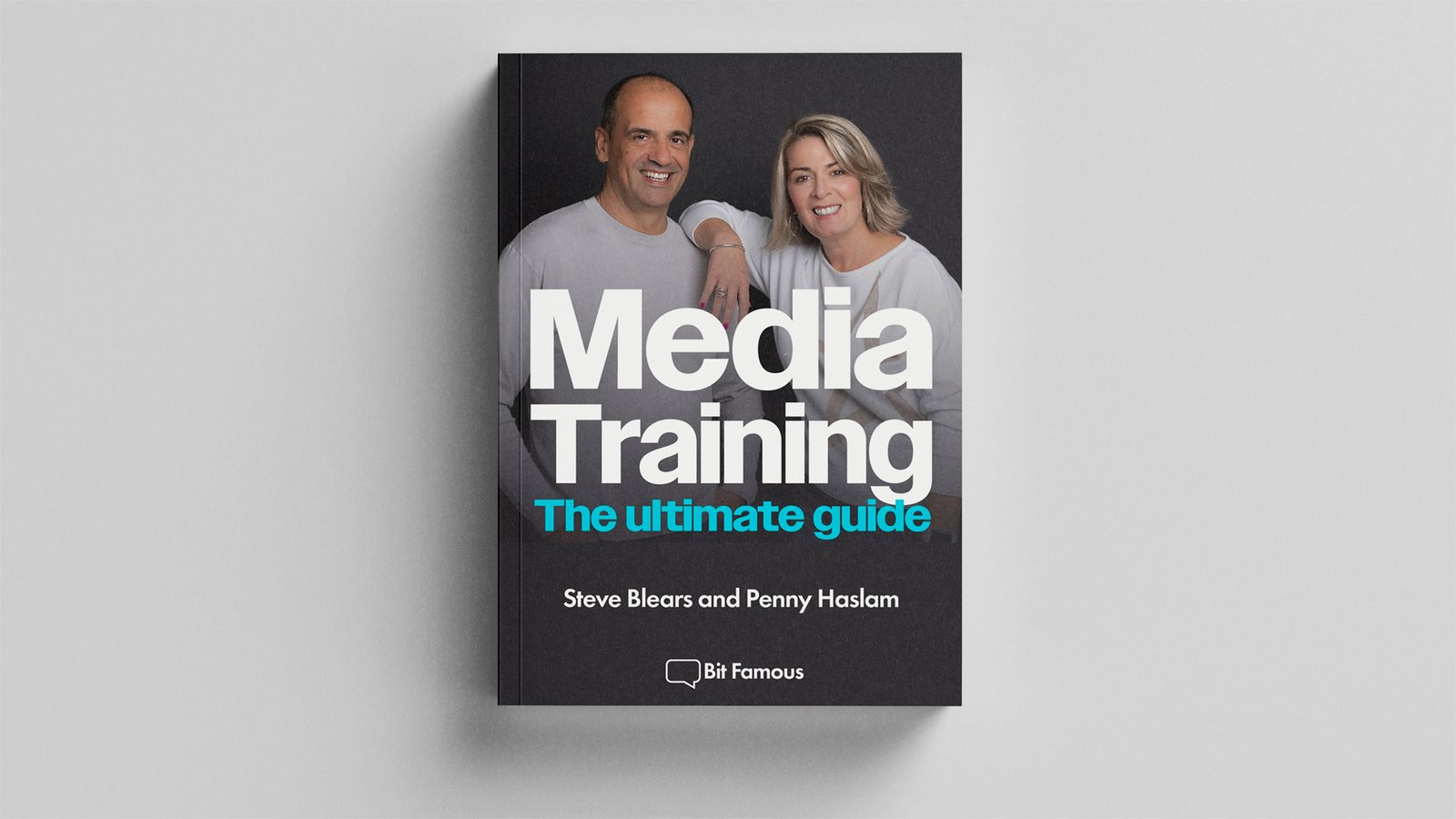
Media training book
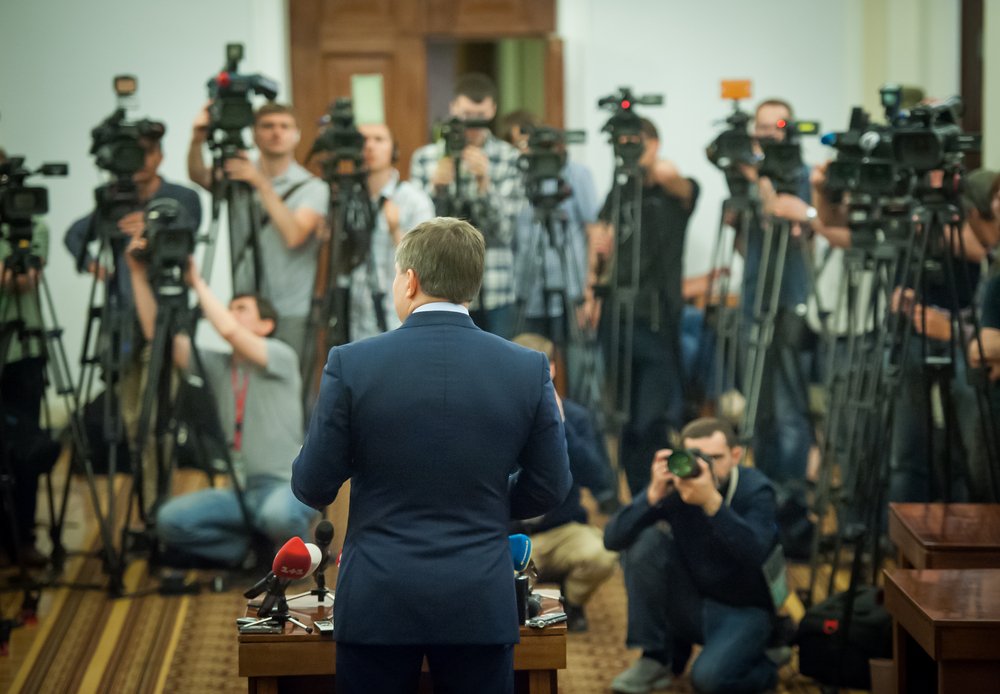
How to hold a press conference
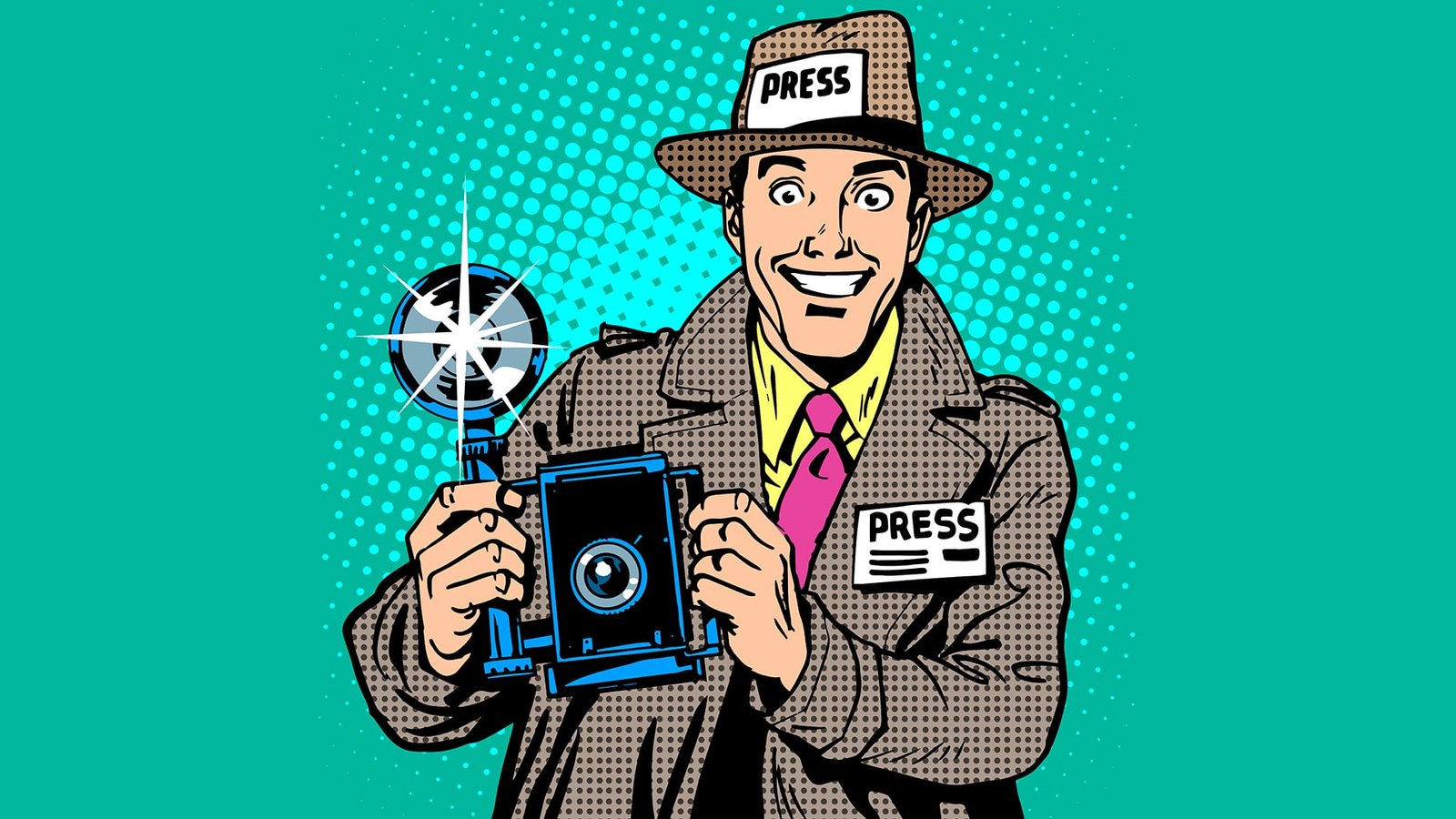
Time for a media training refresher?
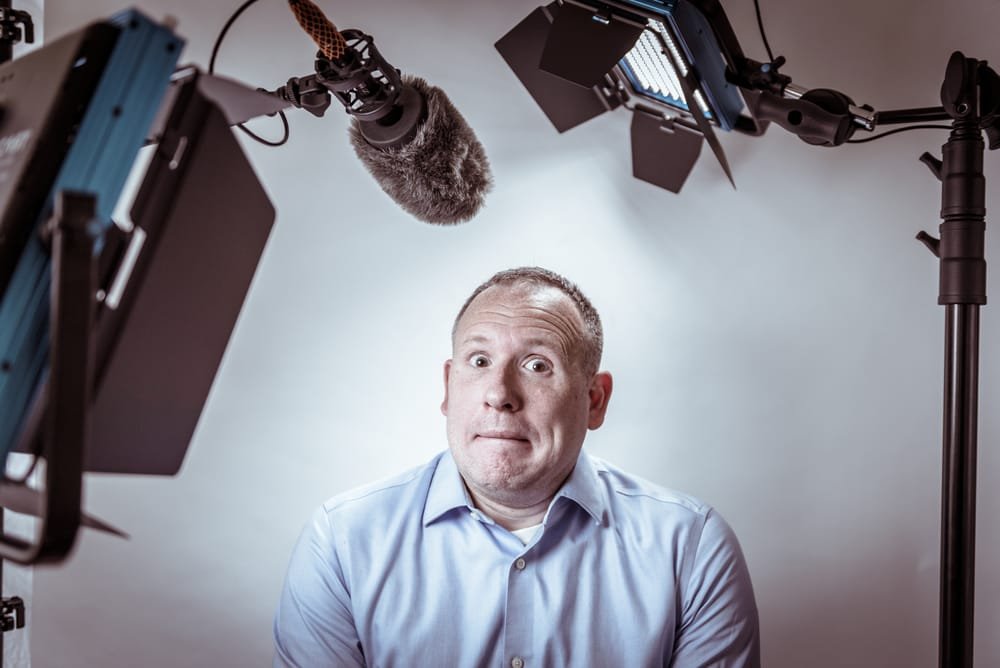
How to get your boss on board with media appearances

Is it okay to say “I don’t know” in a media interview?
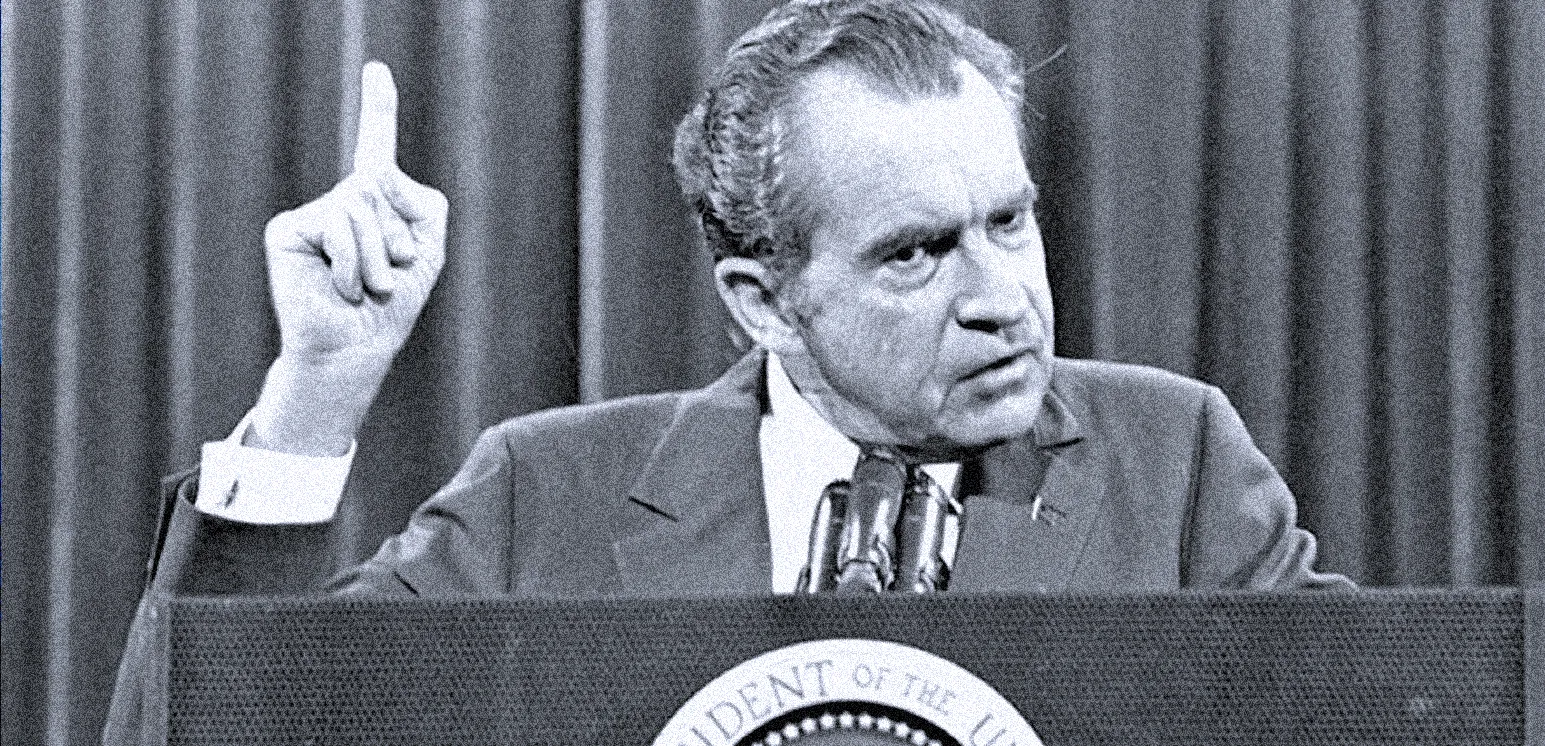
Why should you avoid repeating negative questions in media interviews?

How to look and sound relaxed in a media interview, performance tips

Mastering profile interviews in the media

Media appearances, the unwritten rules

Public apologies, how to say sorry in the media and mean it

Why off-the-record journalism is riskier than you think
How do you plan key messages in the media?
Here's a great approach. At Bit Famous - the training and coaching business behind Marvellous Media Training, we use an idea called - Run for Mayor.
When planning key messages, ask yourself, how might a politician do this?
This idea has been developed by our MD Penny Haslam and the idea is to consider yourself, or your organisation, as running for public office when considering how to talk and act, when speaking about yourself.
Just like you're running for mayor but without the lies and baby kissing!
Now, you are probably thinking - what's this got to do with key messages in a media interview? Bear with me.
Like a politician when considering your key messages ask yourself, what are my (or my organisation's) campaign issues?
When planning key messages, consider the 2-3 topics you know about and have experience in
Your campaign issues (and key messages) are the 2-3 topics you know about and have experience in, that also speak to your wider constituency of voters – AKA clients, candidates, colleagues and investors.
Basically, the audience you want to speak to for whatever reason.
Your key messages must resonate with the audience
Now, your campaign issues should be topics that people care about. Your audience are WIIFM people, meaning, what's in it for me?
So when considering key messages think from the viewer's or listener's perspective:
- Is this relevant to me?
- How does this benefit me?: What's in it for me? How will this improve or benefit my situation?
- Does it meet my needs? Am I in a position to do anything about this right now?
- Is this helpful? Does it offer useful information or solutions?
- Is this message convincing: Is there a strong enough call to action? Are there good reasons why this is the best choice?
You get the idea, key messages have to be audience-focused. They don't have to appeal to everyone. Your audience might be a subset of a particular industry with certain specialisms in a specific area. That's OK.
Examples of key messaging
Time for some examples to bring this to life!
I record this, the UK has a terrible issue with water pollution in it's rivers.
The water companies, which are publicly listed businesses are being blamed for putting shareholder profits first. The regulators who control them are being accused of sitting on their hands for decades.
So, let's hear from water quality campaigner (and if you are middle-aged, former popstar) Fergal Sharky. Listen out for his key messages.
"Why do we want to repeat the failed system we've had for 30 years? It's over it's finished. We do need to examine every nut and bolt of the regulatory system and if that means restructuring the whole industry, then that's what's going to have to happen."
Good on you Fergal, he offers a simple, clear solution in his key messages. He says:
- The water industry despite ample time to succeed
- It's time for a nut and bolt makeover
How about this one. The threat of AI deepfake techology has become a media preoccupation. But it's not just world leaders at risk. Listen to how campaigner Albert Fox Cahn makes the issue directly relevant to people like you and me...
"As much as we are thinking about the existential threat that AI can pose to us real threats are being posed today; Compounding racism, creating barriers to employment for people with disabilities, accelerating police injustice. These are AI threats that are happening already."
- The threat of AI to ordinary people is real and happening now
Here's a classic set of key messages from the former British Prime minister, Boris Johnson during the COVID era. Proof if it were needed that practicing what you preach in your messaging is a good idea.
"We are now asking people to stay alert, control the virus and save lives."
(Boris Johnson resigned after misleading the British parliament about lockdown parties at No.10 Downing Street.)
So just a few examples for you, listen out for key messaging next time you watch or listen to the news. And if you preparing them for your organisation, make them clear, make them simple and make them relevant.
If you or your team need support with honing your messaging in the media, get in touch. Just Google Marvellous Media Training for our tips and advice or email hello@bitfamous.co.uk

Is it ok to ignore a journalist?

Building your personal brand so journalists find you first

Media interview quick-start guide

Media training book

How to hold a press conference

Time for a media training refresher?

How to get your boss on board with media appearances

Is it okay to say “I don’t know” in a media interview?

Why should you avoid repeating negative questions in media interviews?

How to look and sound relaxed in a media interview, performance tips

Mastering profile interviews in the media

Media appearances, the unwritten rules

Public apologies, how to say sorry in the media and mean it

Why off-the-record journalism is riskier than you think
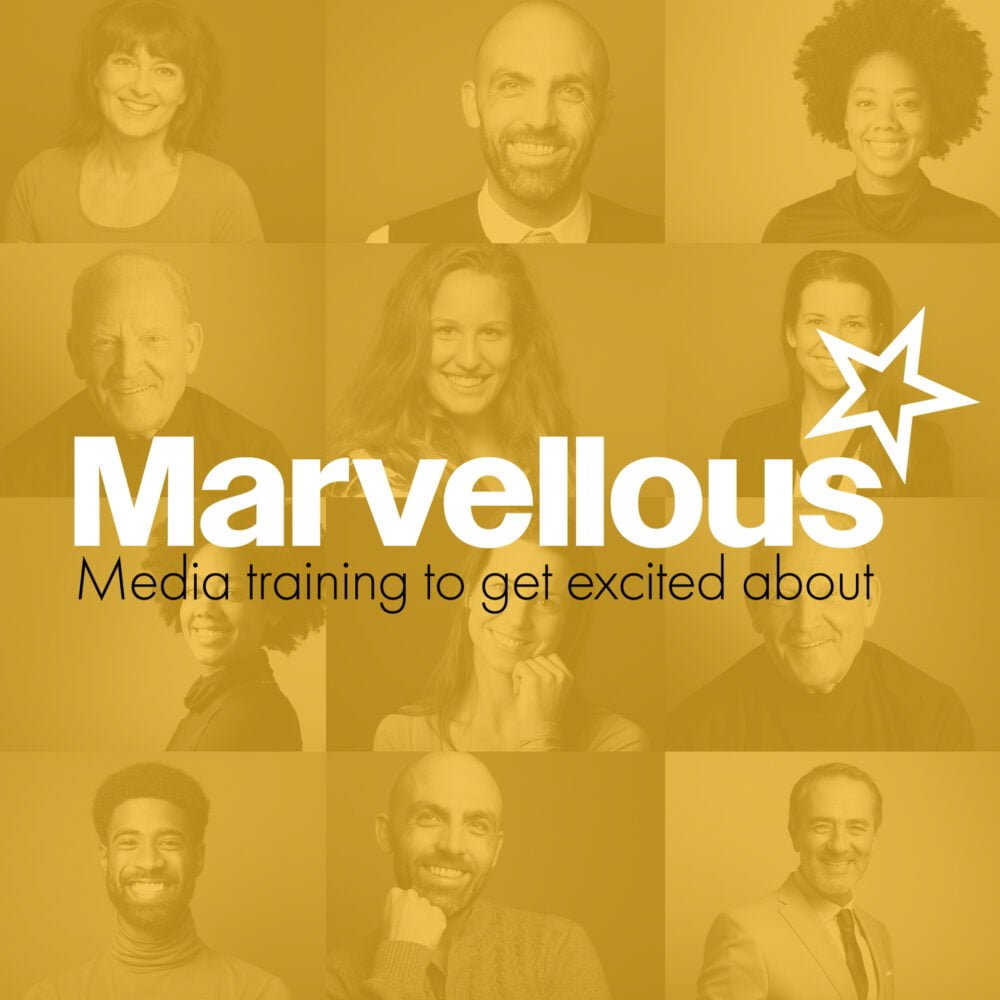
What are key messages in the media?

Give your leader feedback after a media interview

Why avoid corporate speak and office jargon in media interviews?
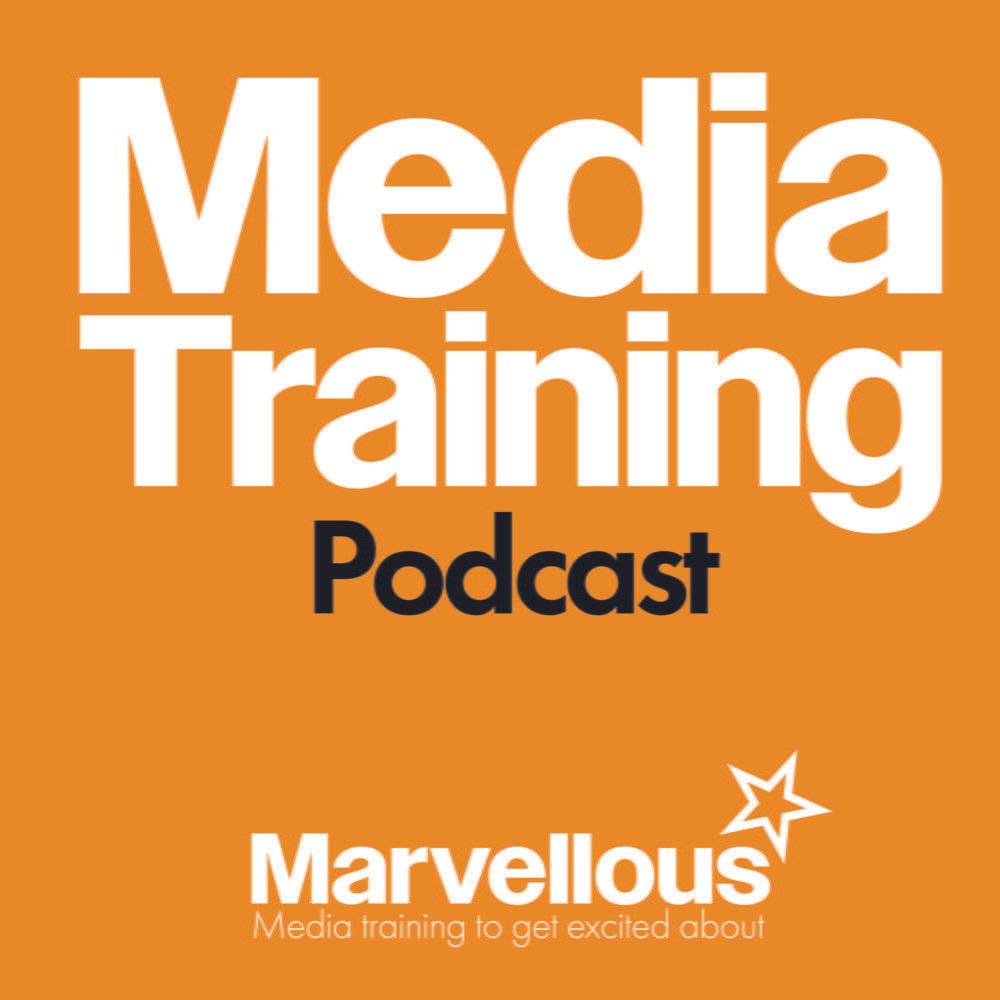
Media interview preparation checklist

How to create a founders’ origin story

How to answer hostile or negative questions from a journalist

How to be authentic in a media interview

Crisis Management: How to write a holding statement
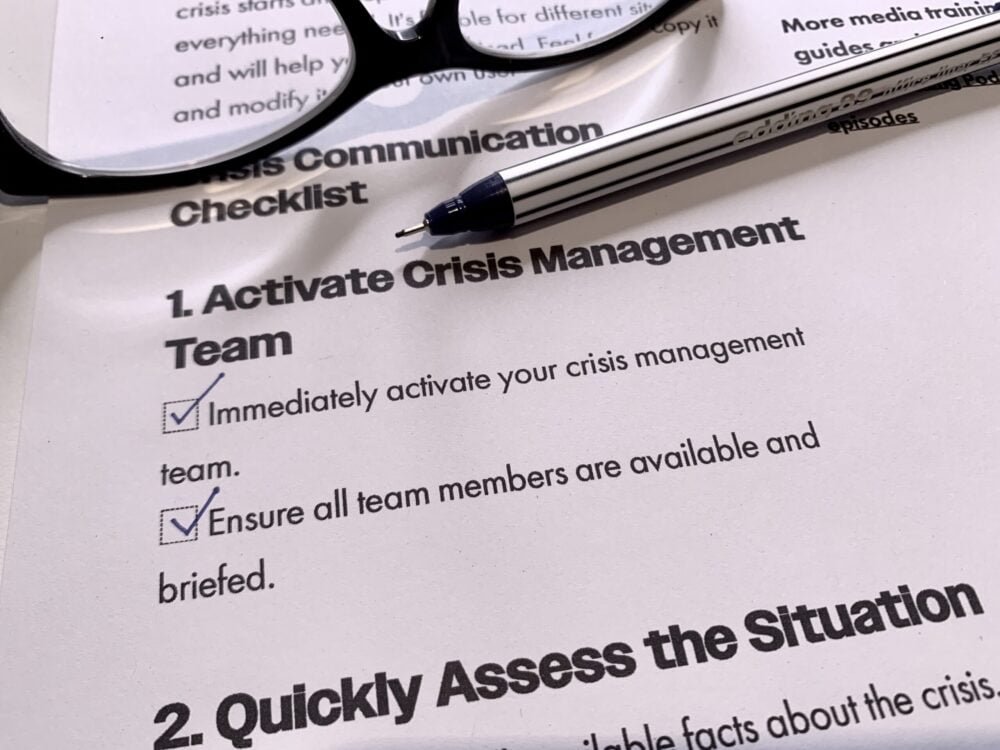
Crisis communications checklist

How to create a successful media soundbite
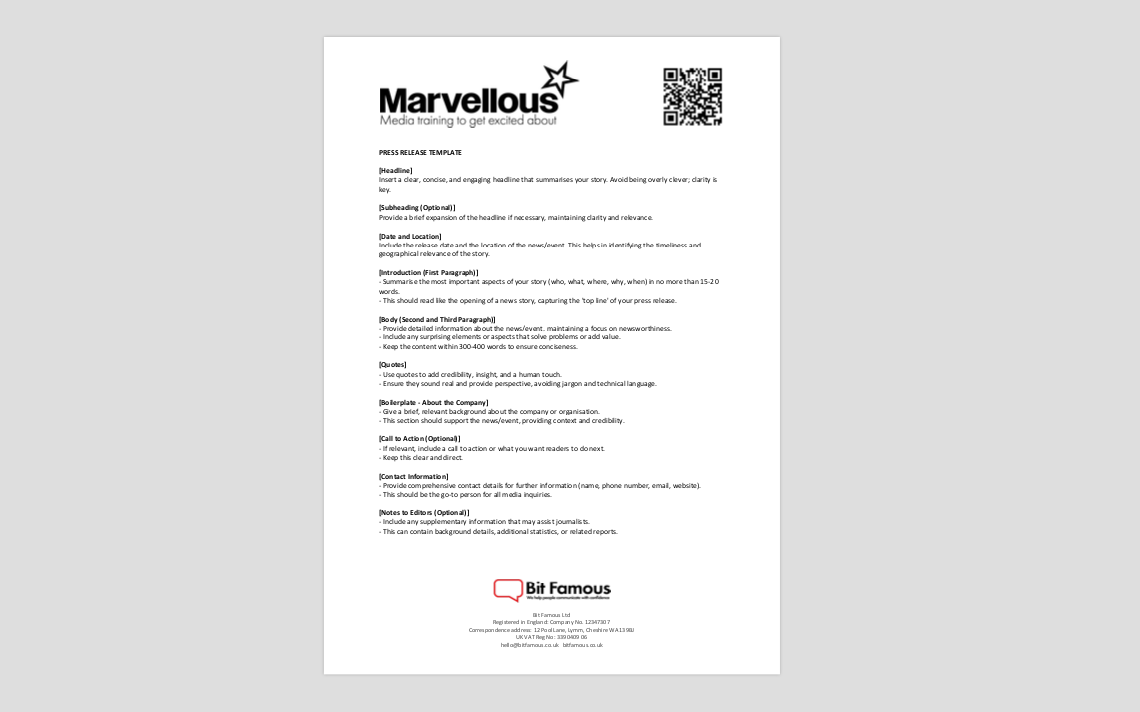
Free press release template (Word)
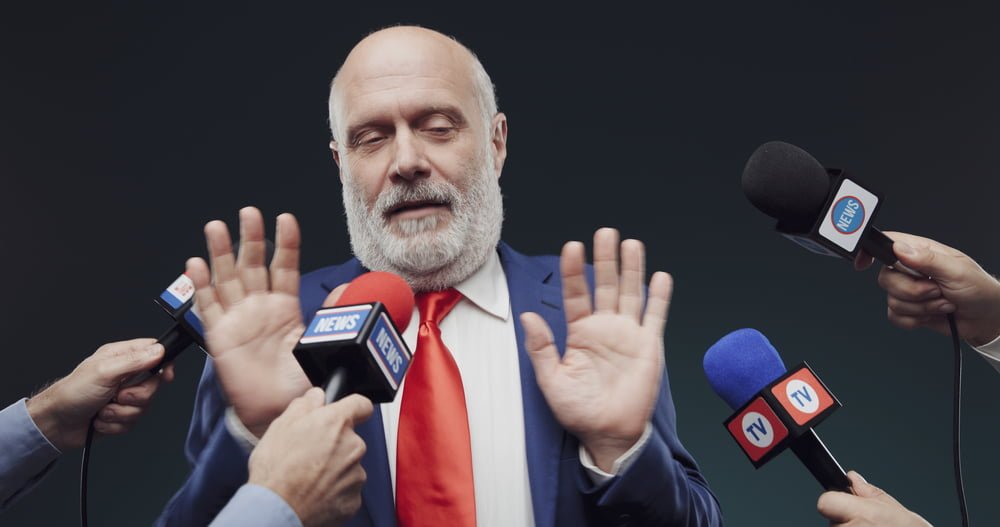
How do you handle a media question you don’t want to answer?
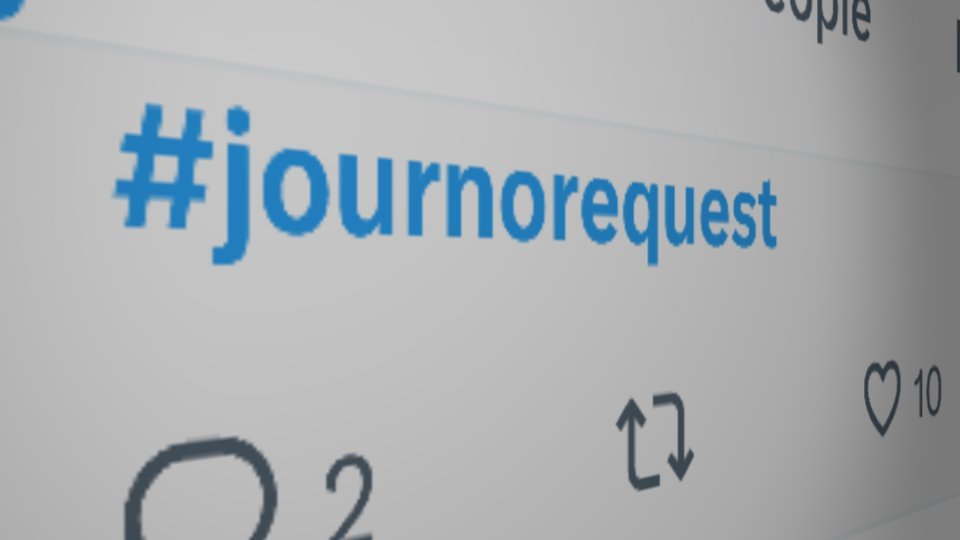
How to use #JournoRequest to get media attention for my business

How do I prepare for a TV interview online using Zoom, Teams or Skype?

How to appear on a business podcast

How to handle a difficult media interview
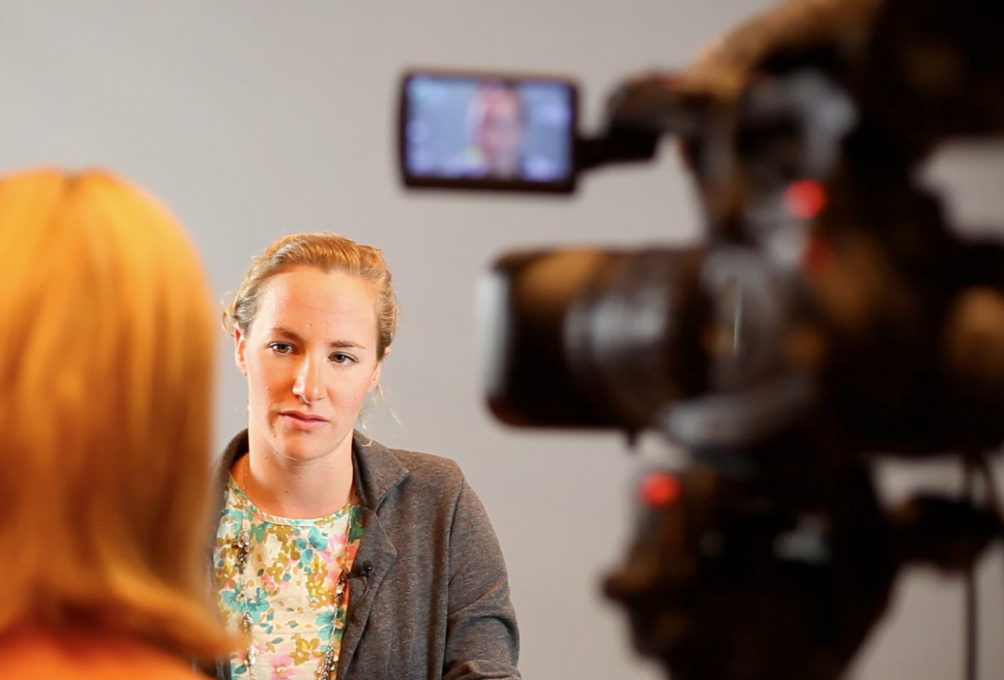
How to get featured in the media


